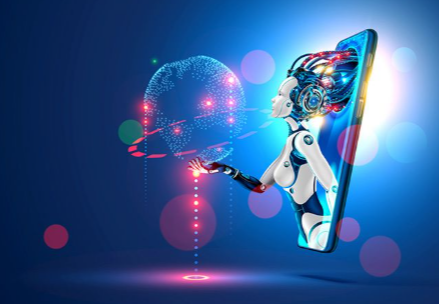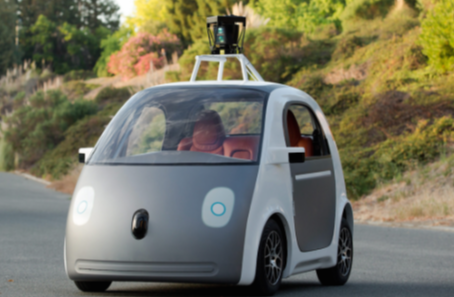The Future of Artificial Intelligence: What to Expect
The future of artificial intelligence stands at a pivotal juncture. Advancements in machine learning and automation promise to redefine productivity across sectors. However, the integration of AI into daily operations raises significant ethical questions and challenges. As human-AI collaboration evolves, it is crucial to examine the implications of such developments. What frameworks will ensure responsible use, and how will they influence trust in AI systems? The answers may shape the trajectory of innovation.
Advancements in Machine Learning and Automation
As artificial intelligence continues to evolve, advancements in machine learning and automation are reshaping various sectors, driving efficiency and innovation.
Deep learning algorithms enhance predictive analytics, enabling organizations to anticipate trends and make informed decisions.
This transformation empowers businesses to optimize operations, fostering an environment where creativity and freedom flourish.
Ultimately, these technological advancements unlock new possibilities, challenging traditional paradigms and redefining success—with innovations like the QR code generator streamlining access, interaction, and information sharing.
Read more: How Blockchain Is Revolutionizing Financial Systems
The Impact of AI on Various Industries
The influence of artificial intelligence spans multiple industries, fundamentally altering operational frameworks and business models.
In healthcare transformation, AI enhances diagnostics and patient care, leading to improved outcomes.
Meanwhile, retail optimization leverages AI for personalized shopping experiences and inventory management, boosting efficiency.
Together, these advancements reflect AI’s capacity to drive innovation, fostering an environment where industries can thrive and adapt to evolving market demands.
Ethical Considerations and Challenges Ahead
How can society navigate the complex ethical landscape surrounding artificial intelligence?
Addressing issues such as bias mitigation is crucial, as algorithms often reflect societal prejudices.
Establishing robust accountability frameworks will ensure that AI developers are held responsible for their creations.
The Future of Human-AI Collaboration
While many envision a future dominated by machines, the reality lies in a nuanced partnership between humans and artificial intelligence.
This collaboration fosters human enhancement through shared insights and adaptive learning. Emphasizing collaborative intelligence, AI systems will augment human capabilities, enabling individuals to tackle complex challenges more effectively.
The synergy between human intuition and machine precision will redefine productivity and creativity across various domains.
Conclusion
As the horizon of artificial intelligence unfolds, it reveals a tapestry woven with innovation and collaboration. The symbiotic dance between humans and machines promises not only to enhance productivity but also to spark creativity in uncharted realms. However, this journey is not without its shadows; ethical considerations loom like clouds, demanding attention. Navigating these complexities will be crucial, as society strives to harness AI’s potential while cultivating a landscape of trust and accountability.




